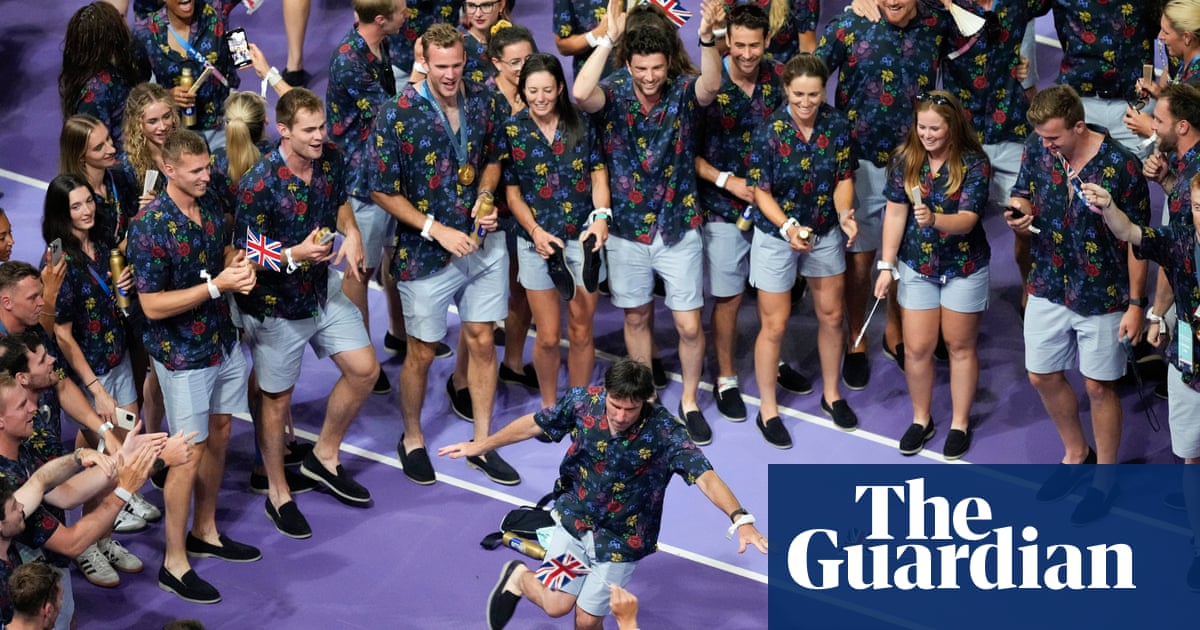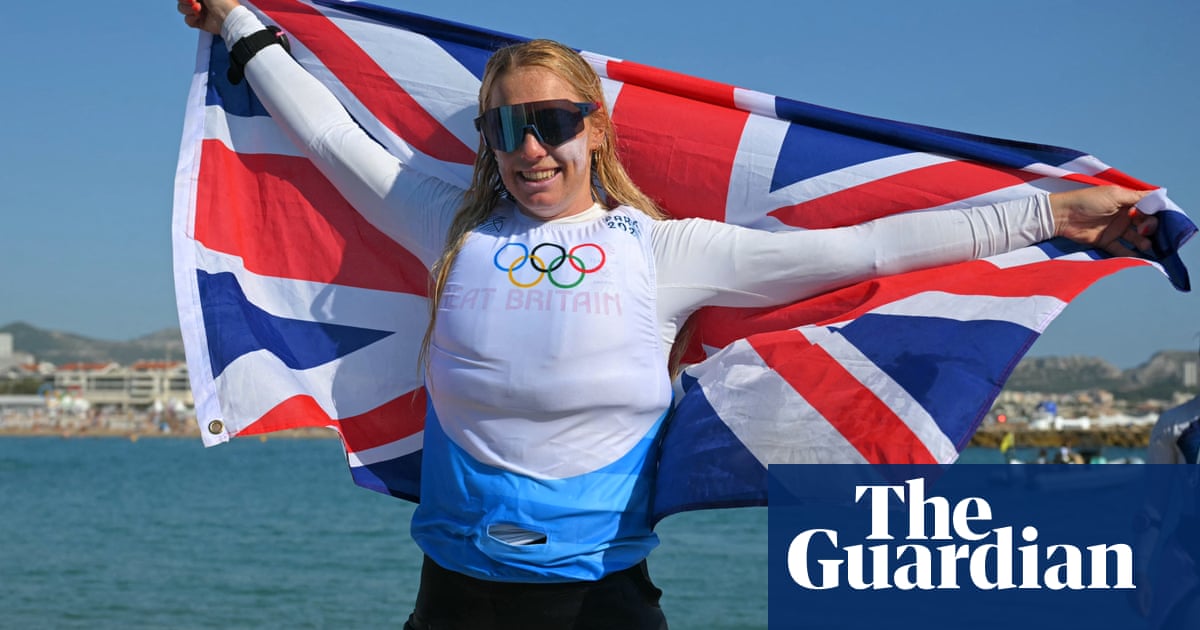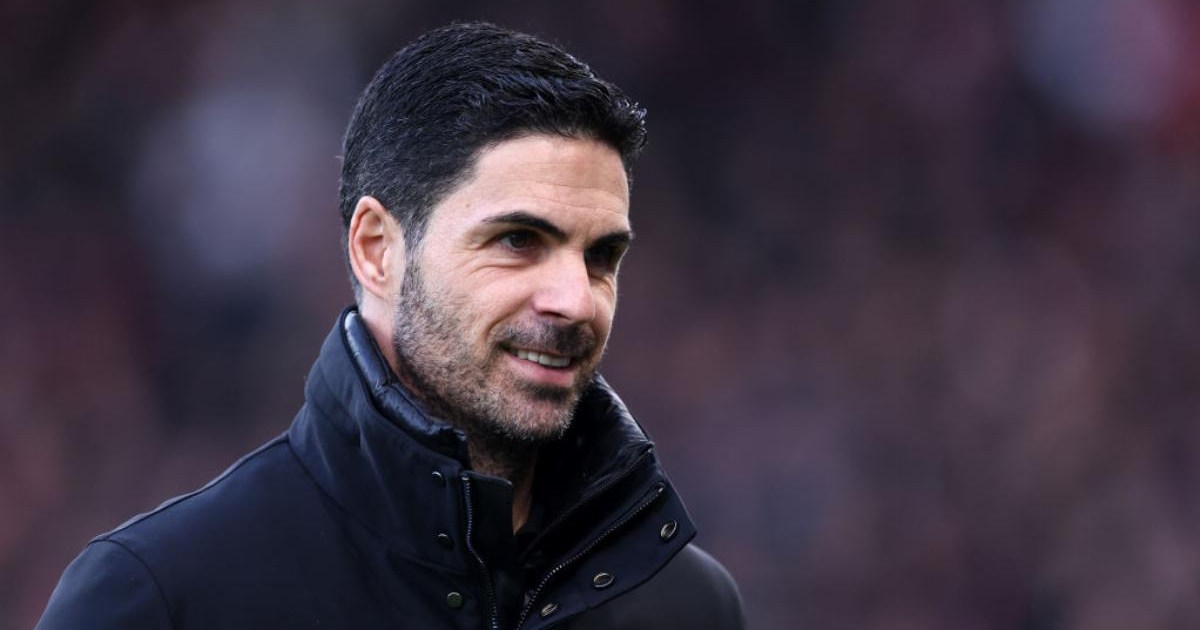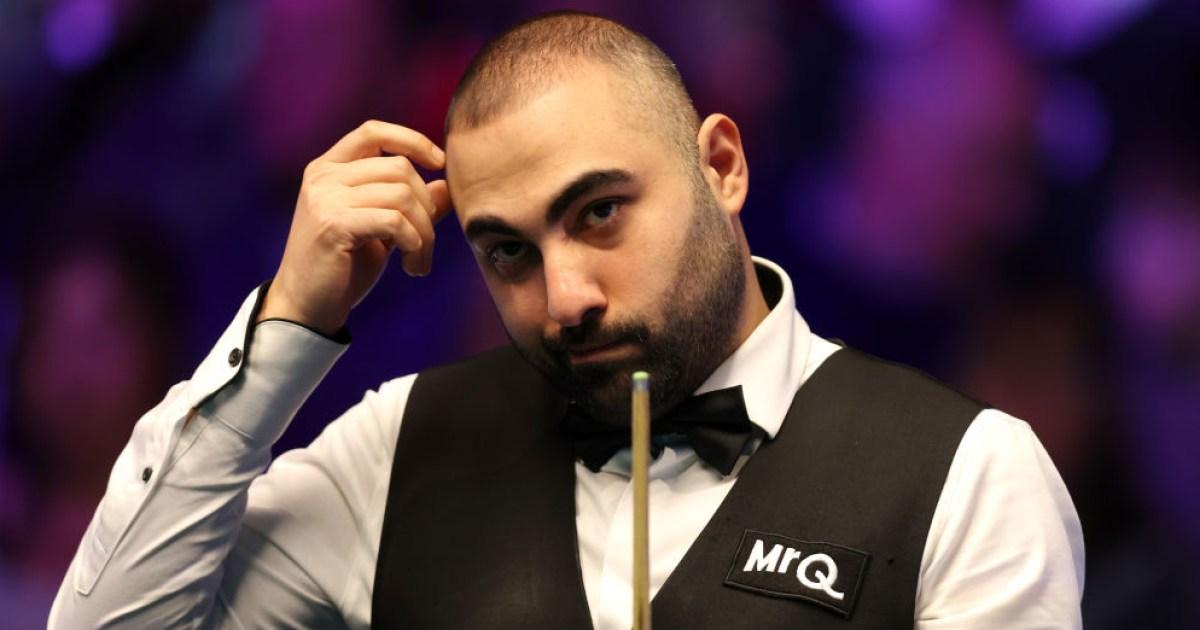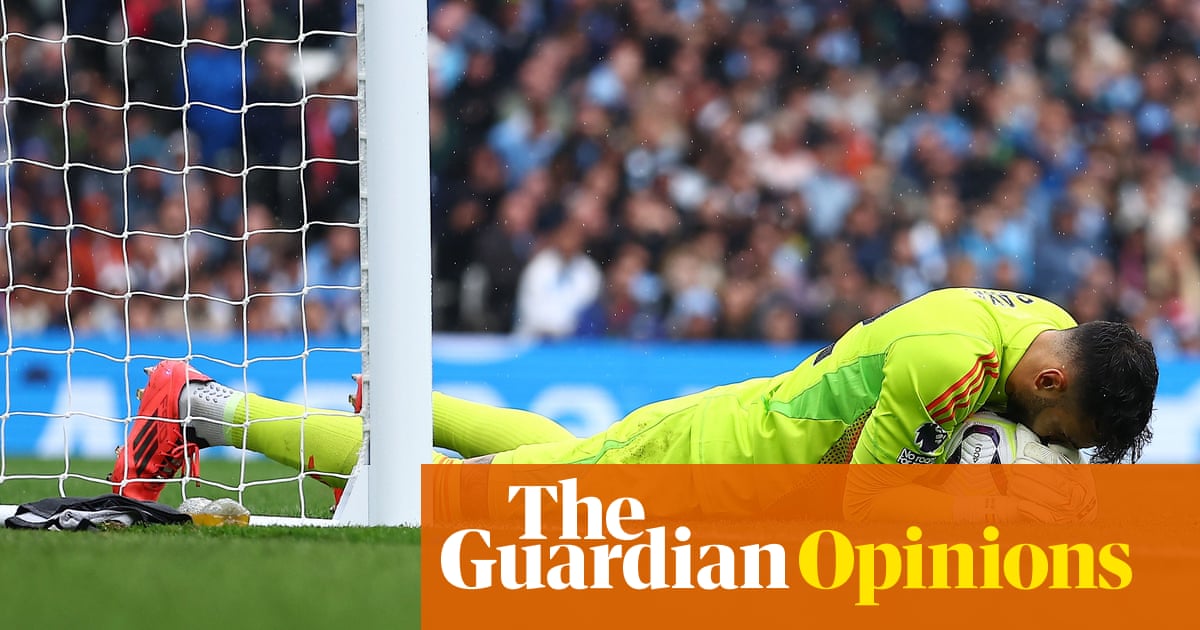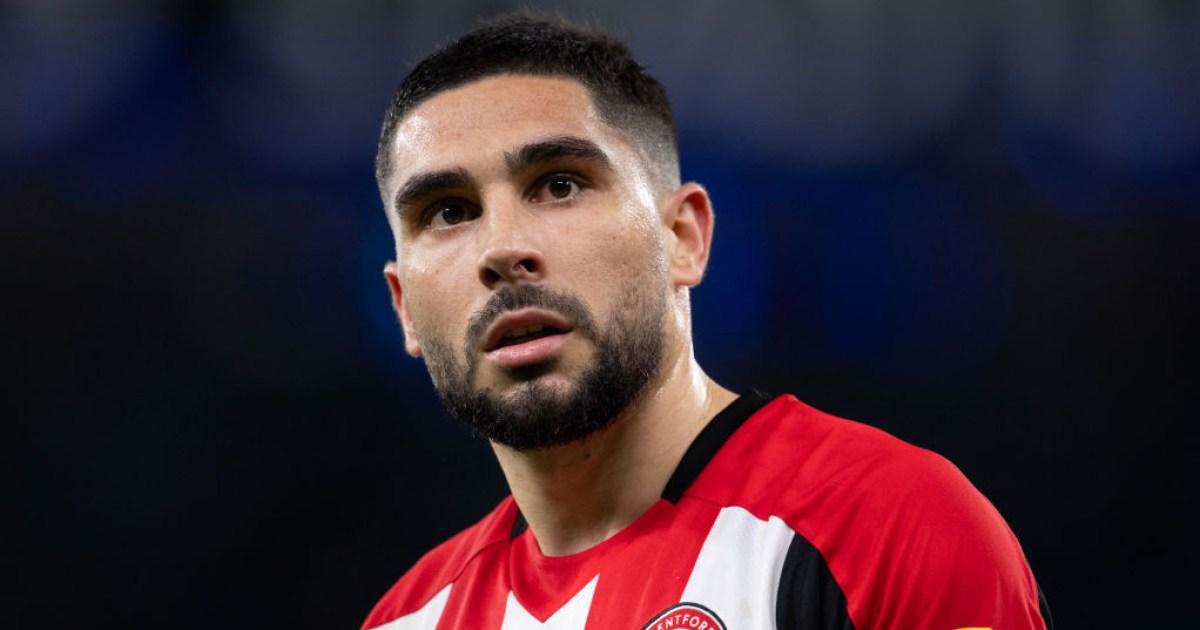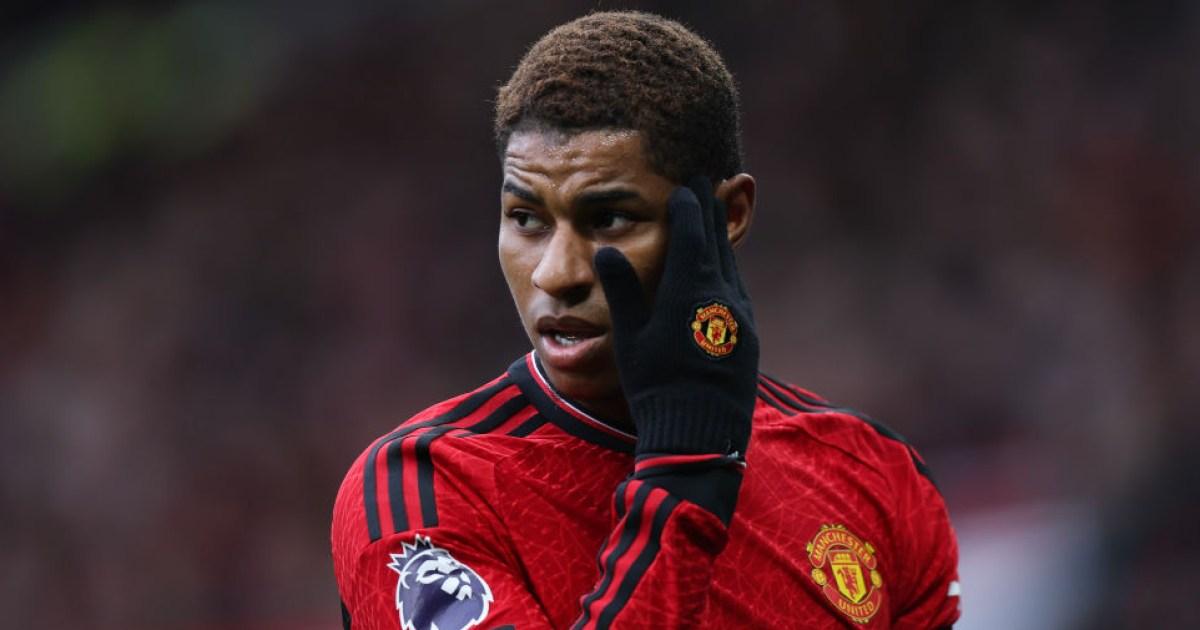Britain’s performance at the Paris Olympics was incredible and should be celebrated, despite falling from fourth in the medal table in Tokyo to seventh. That was the bullish message emanating from Team GB house after an extraordinary 16 days of action came to an end on Sunday.
While there were only 14 gold medals for Team GB in Paris – the lowest since Athens in 2004 – senior officials stressed that the overall tally of 65 medals was behind only the USA and China and so should be regarded as a success.
“We passed 1,000 medals in the Olympics during this Games, which was a big moment, and 65 medals is our second-best ever tally on foreign soil. So that’s something incredible to celebrate,” said Andy Anson, the British Olympic Association’s chief executive.
“In total, 131 out of 327 athletes will come home with medals around their necks, which is 40% of the team, with more medals than we had in Tokyo. And we’ve had 18 sports represented on the medal table, which is brilliant.”
However, officials admitted that a combination of near-misses, bad luck and a low conversion rate from bronze and silver medals into gold had played a part in fewer gold medals overall.
“Adam Peaty had Covid when he was swimming and you can’t do anything about that,” Anson said. “Kate French had to pull out the modern pentathlon on Sunday morning with gastric issues. We can’t do anything about that.
“And the one that hurt me the most, because I love the sport, was Katie Archibald tripping in the garden and breaking three bones in her ankle. Katie is probably the best in the world at women’s endurance cycling, and things like that are part of the story.”
UK Sport chiefs also point out that the British team missed out on eight gold medals by the tiniest of margins, including two at the athletics through Josh Kerr in the men’s 1500m and Matt Hudson‑Smith in the men’s 400m.
“What we normally see is a 30% conversion of the medals into gold, but we haven’t seen that here,” the UK Sport chair, Katherine Grainger, said.
“What we’re going to all be doing is a period of review of what has worked really well and what hasn’t worked as well. Where did we miss some of the conversions? Where do we get the positive surprises? But I’m very comfortable sitting here looking at what the team did.”
Team GB’s chef de mission, Mark England, had insisted last October that “the wheels would have to come off not to be in the top five”. But Anson insisted those wheels had not fallen off in Paris.
“I think it’s hard to feel like that at all,” he said.
“We’ve won 65 medals, as many as we won in London. But it’s about continually fine-tuning and figuring out what can be done better to move forward. But there’s so much that has gone right when you win in 18 different sports. And we’ve got to celebrate that.
“ We’ve also not won on the first day for quite a long time, and we did go on from there to win a medal every day of the Olympic Games.”
Track and field was one of the biggest British successes, with 10 medals overall – the best since the Los Angeles Games in 1984. But the rowing squad, who won eight medals, and cycling, with eight on the track, were not far behind.
Canoeing, diving and triathlon also performed well, but there was a sense that sailing, boxing, taekwondo and modern pentathlon all performed below expectations.
“A first medal in female diving since 1960 from Yasmin Harper and Scarlett Mew Jensen contributed to a record-breaking Games for our divers,” Grainger said.
“And to complete the aquatics programme on Saturday with an extraordinary first ever artistic swimming medal for Isabelle Thorpe and Kate Shortman was fitting.
“And some of our most established programmes have also delivered once again. Cycling, across the disciplines, athletics, equestrian and, after a tough Tokyo, Team GB’s rowers were back in phenomenal fashion here in Paris.
“Experienced campaigners returning to the Olympic fold have won medals, including Alex Yee, Adam Peaty, Bryony Page, Joe Clarke and Helen Glover along with the emergence of extraordinary new talent including Toby Roberts, Ellie Aldridge and Emma Finucane.”
UK Sport also insists that the £315m of government and national lottery funds it has invested across 53 Olympic and Paralympic sports, with a further £70m channelled directly to 1,100 athletes in the form of athlete performance awards, represents outstanding value for money.
The team spirit in Paris has been excellent. That was shown when the BOA offered all the British athletes who went home the chance to come back on the Eurostar for the closing ceremony, and heard back from 230 athletes of 327 who took up the offer.
